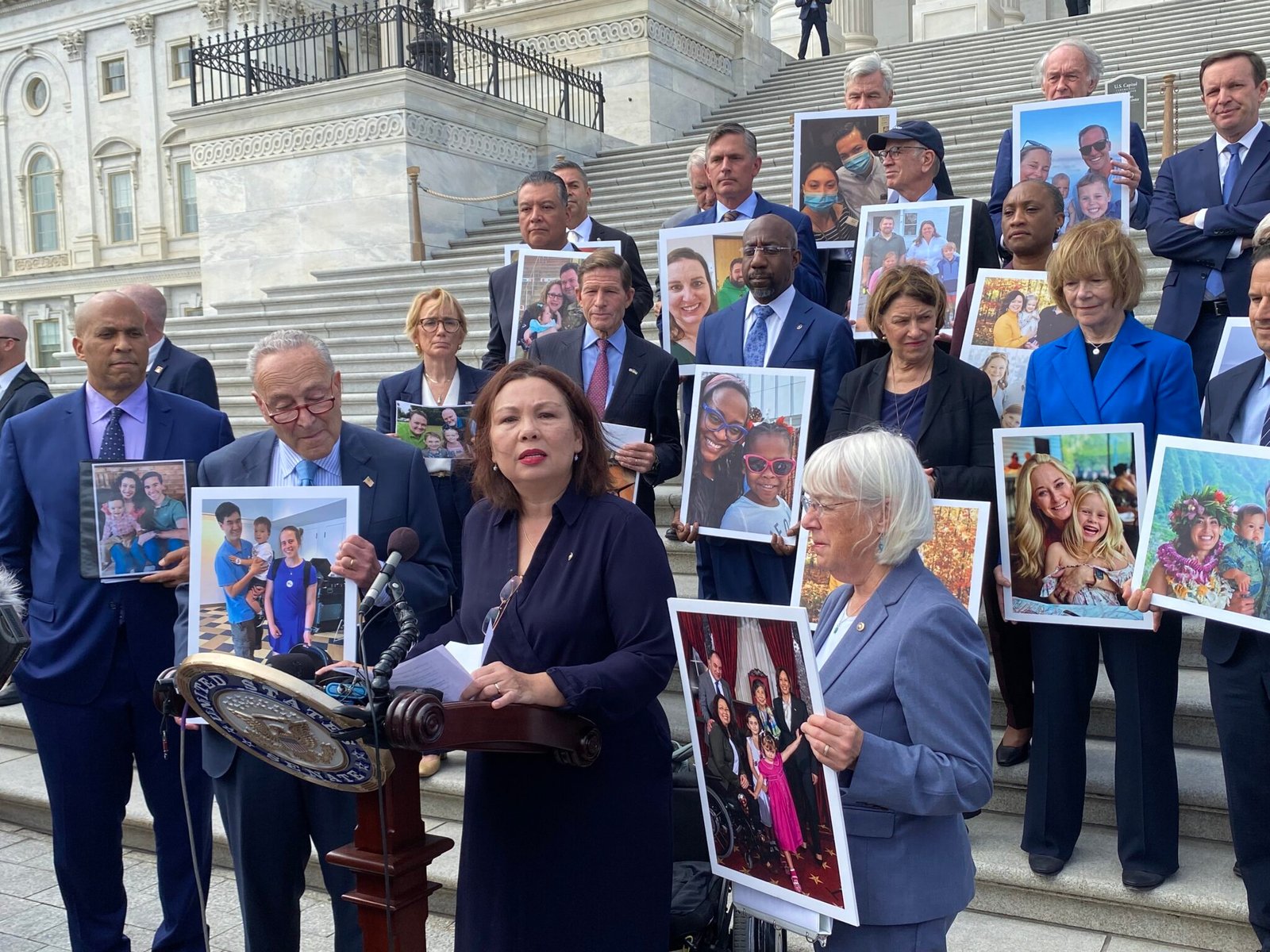Business
Final Defense Policy Bill Excludes Expanded Military IVF Coverage

WASHINGTON — The National Defense Authorization Act (NDAA) for this year will not include expanded access to in vitro fertilization (IVF) for active-duty military members and their families. This decision follows extensive discussions between the House and Senate on whether to broaden TRICARE’s coverage of assisted reproductive technologies, which currently only assists those whose infertility relates to service-connected injuries.
Barbara Collura, president and CEO of Resolve: The National Infertility Organization, expressed her disappointment, emphasizing that military personnel, who face higher infertility rates than the general population, will continue to lack essential healthcare options. “We will continue to advocate for comprehensive infertility medical treatments for our military and Veterans,” she stated.
Both the House and Senate Armed Services Committees initially included provisions that would have expanded IVF access in their drafts of the NDAA, but these proposals were ultimately not included in the final 1,813-page document released over the weekend. Congress is expected to vote on the NDAA within the next two weeks prior to the holiday recess.
The joint explanatory statement accompanying the final NDAA notes the omission of IVF provisions but does not clarify the reasons behind this decision. The House’s version proposed assisted reproductive technology services for servicemembers and their dependents, while the Senate’s bill sought to amend TRICARE regulations to ensure coverage without discrimination based on various identities.
Additionally, the Senate’s initial attempt to mandate an assessment of options for establishing an IVF benefit program within military healthcare was also rejected.
The debate over IVF access has intensified, particularly after an Alabama Supreme Court ruling earlier this year classified frozen embryos as children under state law. Although this ruling did not directly ban IVF, clinics across Alabama temporarily halted services pending legislative protections. In response, Senate Democrats attempted to pass a bill to establish nationwide IVF protections, including for military personnel, but faced Republican opposition.
More than a dozen military and veteran organizations advocated for expanded IVF access in October, highlighting the need for military families to receive healthcare comparable to that of federal employees and Members of Congress. They argued that TRICARE should reflect the same standards.
In an October letter, Illinois Sen. Tammy Duckworth and California Rep. Sara Jacobs urged committee leaders to expand IVF coverage, citing significant family-building challenges faced by servicemembers. They criticized the disparity between coverage for congressional members and military families, calling it hypocritical.
However, opposition exists within Congress. Republican Reps. Matt Rosendale and Josh Brecheen have argued against expanding IVF access, stating that it often leads to the destruction of embryos and does not address the underlying causes of infertility.
Last updated 9:48 a.m., Dec. 9, 2024


















